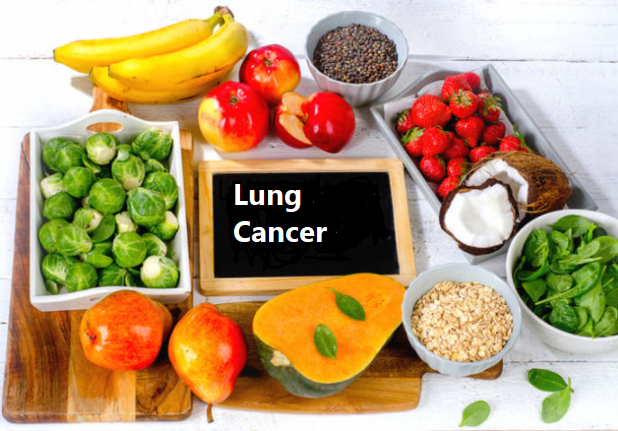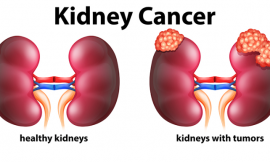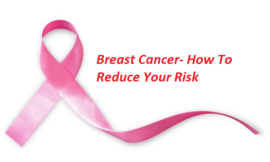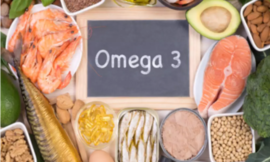When you diagnosis as lung cancer, nutrition can be an important part of your journey with medicines. A well-balanced diet will help you maintain your strength during and after cancer treatment.
The diet for kung cancer mainly aiming to stay healthy and maintain proper weight. The proper diet include nutritious foods which help the patients body heathy, and it also help reduce the struggling with any side effects, such as loss of appetite, nausea, diarrhea, vomiting, or any other nutrition concerns.
Here are some nutritional tips for lung cancer patients;
Eat small meals
Eating frequent small meals will ensure your body is getting enough calories, protein, and nutrients to tolerate treatment. Smaller meals may also help to reduce treatment-related side effects such as nausea. Try eating 5-6 small meals or “mini” meals about every three hours.
Protein-rich foods
Protein helps the body to repair cells and tissues. It also helps your immune system recover from illness. Include a source of lean protein at all meals and snacks. Good sources of lean protein include:
- Lean meats such as chicken, fish, or turkey
- Eggs
- Low-fat dairy products such as milk, yogurt, and cheese or dairy substitutes
- Nuts and nut butters
- Beans
- Soy foods
whole grains
Whole grains provide a good source of carbohydrate and fiber, which help keep your energy levels up. Good sources of whole grains include:
- Oatmeal
- Whole wheat breads
- Brown rice
- Whole grain pastas
Fruits and vegetables
Fruits and vegetables offer the body antioxidants, which can help fight against cancer. Choose a variety of colorful fruits and vegetables to get the greatest benefit. Aim to eat a minimum of 5 servings of whole fruits and vegetables daily. Green leafy vegetables are loaded with nutrients and minerals.
Healthy fat
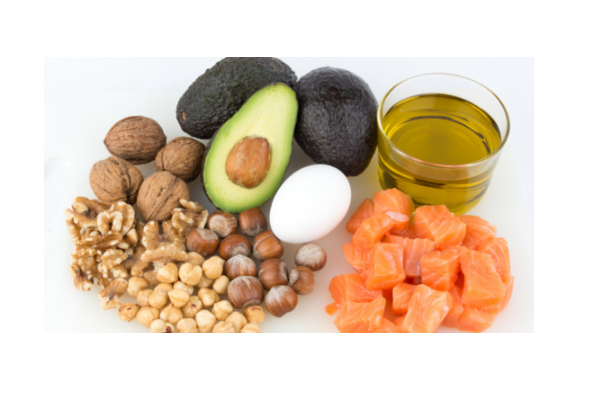
Avoid fried, greasy, and fatty foods. Choose baked, broiled, or grilled foods instead. Healthy fats include:
- Olive oil
- Avocados
- Nuts
- Seeds
Limit sugar
Foods high in added sugars like desserts and sweets provide little nutritional benefit and often take the place of other foods that are better for you. Avoiding sugar also help to maintain proper weight and reduce chances of blood sugar.
Stay hydrated
Drinking enough fluids during cancer treatment is important for preventing dehydration. Aim to drink 64 ounces of fluid daily. Avoid drinking large amounts of caffeinated beverages. Too much caffeine can lead to dehydration.
Maintain a healthy weight
Unintentional weight loss is a common during lung cancer. This can be due to lung cancer treatments or the cancer itself. Monitor your weight closely. If you are losing more than 1-2 pounds per week consistently, discuss with your healthcare team on how you can increase your calorie intake.
Along with these tips you should consider some food safety measures like wash your hands often while preparing food, be sure to cook all foods to their proper temperature and refrigerate leftovers right away. Cancer may weaken your immune system so these food safety also need to follow.


